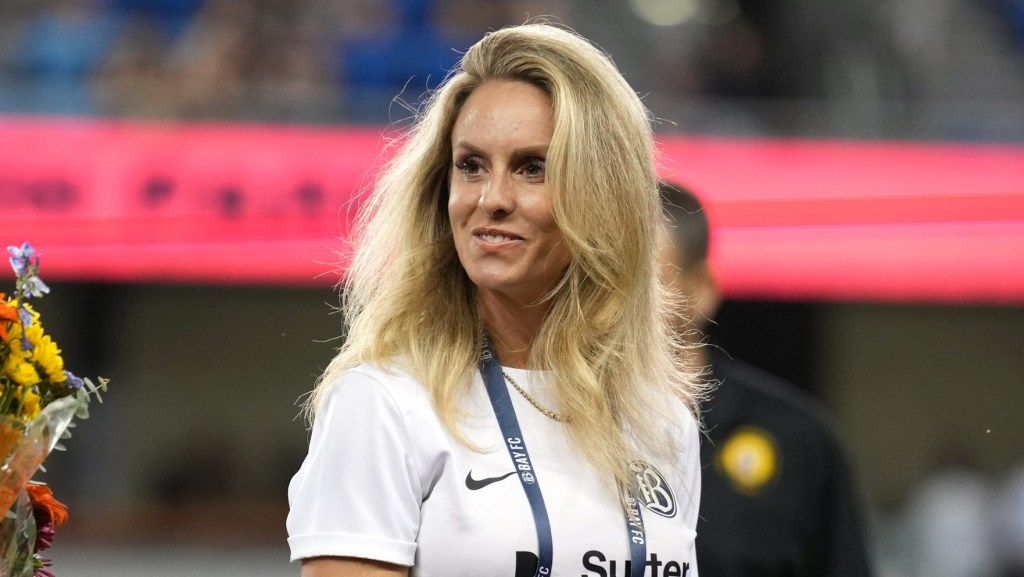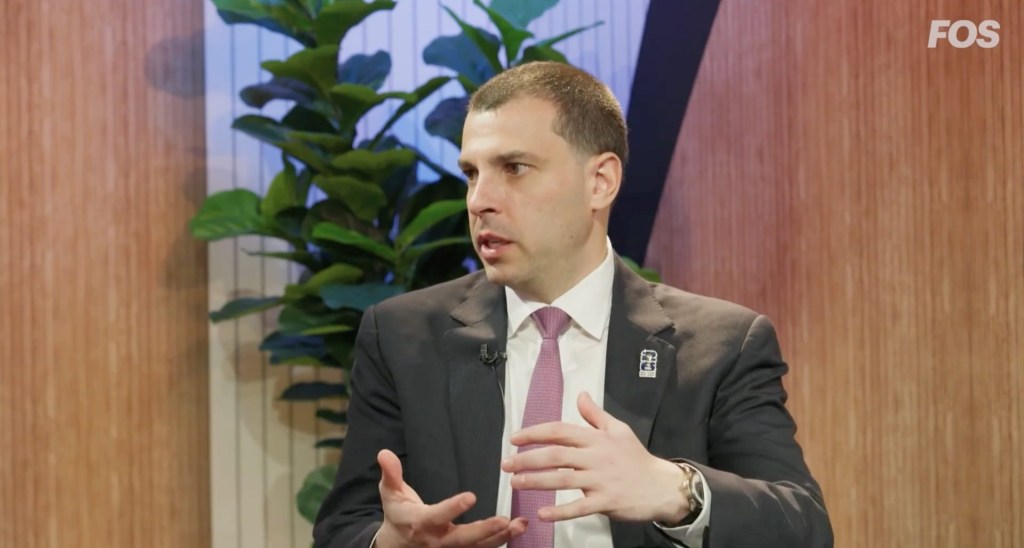The Women’s World Cup will expand to 48 teams in 2031 after a unanimous vote from the FIFA Council.
The anticipated decision, announced Friday, will see the tournament grow by a week from 64 to 104 matches. In the 2019 edition of the tournament, just 24 teams participated, and 32 competed in 2023.
The 2031 tournament is expected to be hosted by the U.S. after its unopposed bid goes for approval next year. It’ll be yet another major international soccer competition held in the country on top of the 2025 men’s Club World Cup, 2026 men’s World Cup, and 2026 Summer Olympics.
The 2027 World Cup in Brazil will still have 32 teams, but going forward, the changes will remain in place as the tournament most likely heads to the U.K. in 2035.
“This is not just about having 16 more teams playing in the FIFA Women’s World Cup but taking the next steps in relation to the women’s game in general by ensuring that more FIFA Member Associations have the chance to benefit from the tournament to develop their women’s football structures from a holistic point of view,” FIFA president Gianni Infantino said in a statement. “This decision ensures we are maintaining the momentum in terms of growing women’s football globally.”
The decision has the support of FIFPRO, the global players’ union, but not without some hesitation.
“In principle, FIFPRO welcomes the expansion of the FIFA Women’s World Cup, as it reflects the global growth of the women’s game,” the organization said in a statement. “However, the support of players depends on inclusive decision-making and cooperative planning that respects all stakeholders.
“It is critical that the global development of women’s competitions goes hand in hand with improved labour conditions and the advancement of players, as well as development further down the pyramid. This is the only path to true sustainability, expansion, and progress.”
FIFPRO has been fighting increases to the international calendar on the men’s side, including joining domestic leagues in filing a complaint claiming FIFA violates EU competition law. The men’s Club World Cup is expanding from 7 to 32 teams this year, while next year’s World Cup will go from 32 to 48 teams. The UEFA Champions League has also grown during this time, as have other international and domestic calendars. All of this has increased backlash from players, including skipping matches to rest.
Also in its announcement, FIFA said it approved a strategy to oversee and establish the Afghan women’s refugee team, as well as adding new codes of conduct and punishments around racism.








![[Subscription Customers Only] Jun 15, 2025; Seattle, Washington, USA; Botafogo owner John Textor inside the stadium before the match during a group stage match of the 2025 FIFA Club World Cup at Lumen Field.](https://frontofficesports.com/wp-content/uploads/2026/02/USATSI_26465842_168416386_lowres-scaled.jpg?quality=100&w=1024)







![[US, Mexico & Canada customers only] Feb 6, 2026; Riyadh, SAUDI ARABIA; Jon Rahm in action during the third round of play at LIV Golf Riyadh at the Riyadh Golf Club.](https://frontofficesports.com/wp-content/uploads/2026/03/USATSI_28173562_168416386_lowres-scaled.jpg?quality=100&w=1024)
